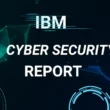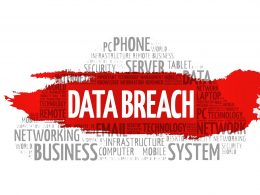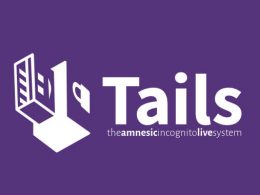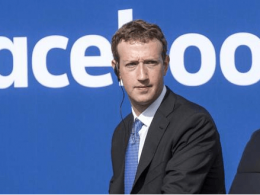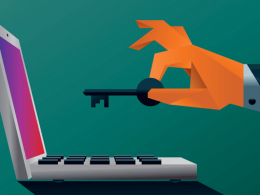The U.S. government is blocking the mass transfer of American personal data to high-risk nations. This is being done through an Executive Order signed by President Biden.
The goal is to protect sensitive data from falling into the wrong hands. The U.S. government believes that hostile nations could use this data to harm individuals and national security.
- Sensitive data includes things like Social Security numbers, passport information, and financial data.
- The U.S. government has identified a number of countries as high-risk, including China, Russia, and North Korea.
“Commercial data brokers and other companies can sell this data to countries of concern, or entities controlled by those countries, and it can land in the hands of foreign intelligence services, militaries, or companies controlled by foreign governments,” the government said, THN reported.
- The Executive Order will require companies to get a license from the U.S. government before transferring data to these countries.
- Some argue that the U.S. should be more comprehensive in its approach and consider all countries that pose a risk, not just a select few.
“The Administration’s decision to limit personal data flows only to a handful of countries of concern, like China, is a mistake,” Senator Ron Wyden said in a statement, and that the argument that the U.S. government cannot be banned from buying Americans’ data is no longer valid.
“Authoritarian dictatorships like Saudi Arabia and U.A.E. cannot be trusted with Americans’ personal data, both because they will likely use it to undermine U.S. national security and target U.S. based dissidents, but also because these countries lack effective privacy laws necessary to stop the data from being sold onwards to China.”
Senator Ron Wyden
Paul Triolo, technology policy leader at Albright Stonebridge Group, told Voice of America (VOA) Mandarin service the United States and other governments “are undoubtedly attempting to do the same thing with respect to China, leveraging both openly available and clandestinely collected data sources.”
“The danger of controlling healthcare and genomic data too restrictively is that citizens in both China and the U.S. could lose out on advances in healthcare coming from large scale analysis of data, conducted under carefully managed data privacy and auditing conditions, that can lead to breakthroughs in treatment, leveraging a variety of AI algorithms, for example, to make linkages and extract new insights from clinical data,”
Triolo said.


